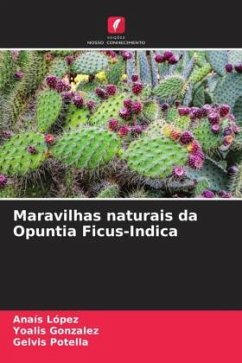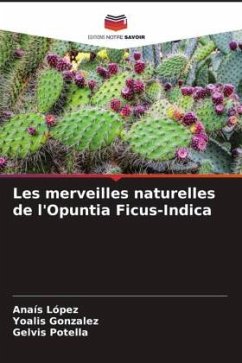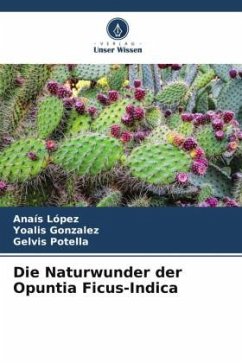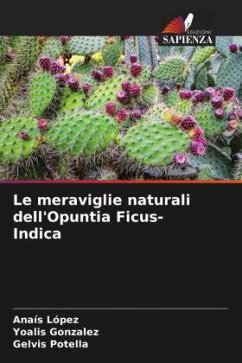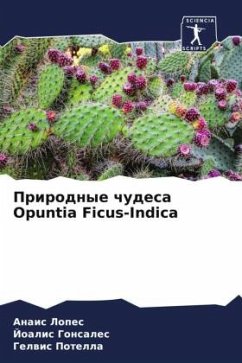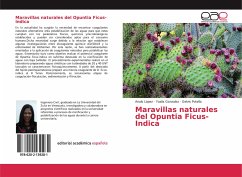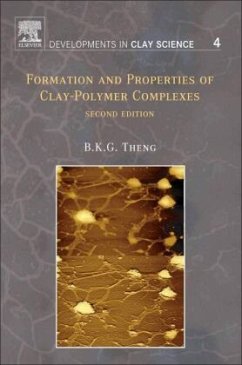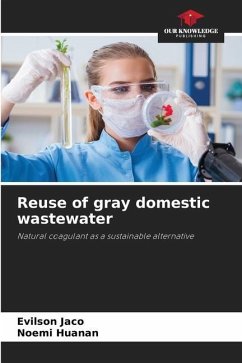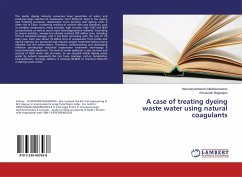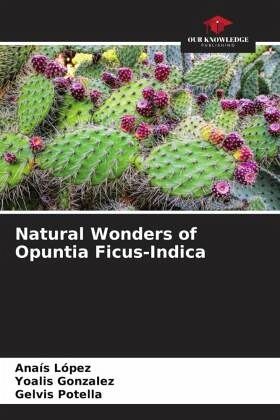
Natural Wonders of Opuntia Ficus-Indica
Versandkostenfrei!
Versandfertig in 6-10 Tagen
27,99 €
inkl. MwSt.

PAYBACK Punkte
14 °P sammeln!
At present, the need has arisen to find alternative natural coagulants in the potabilization of water so that it complies with the established physical, chemical and microbiological parameters and can be considered suitable for human consumption, due to the relationship established by some research studies between the chemical coagulant Al2(SO4)3 and Alzheimer's disease. For this reason, studies have been carried out on the application of natural coagulants to make water drinkable. The objective of this study was to evaluate the coagulant potential of Opuntia ficus-indica in its dried form in ...
At present, the need has arisen to find alternative natural coagulants in the potabilization of water so that it complies with the established physical, chemical and microbiological parameters and can be considered suitable for human consumption, due to the relationship established by some research studies between the chemical coagulant Al2(SO4)3 and Alzheimer's disease. For this reason, studies have been carried out on the application of natural coagulants to make water drinkable. The objective of this study was to evaluate the coagulant potential of Opuntia ficus-indica in its dried form in the clarification of water with low turbidity. The experimental procedure was carried out in the laboratory by preparing synthetic waters with turbidity levels of 20 and 40 UNT, which were characterized physicochemically. From the dried parenchymatous tissue, a coagulating mixture of O. ficus-indica at 8 % m/v was prepared. Subsequently, the coagulation-flocculation, sedimentation and filtration stages were simulated.



